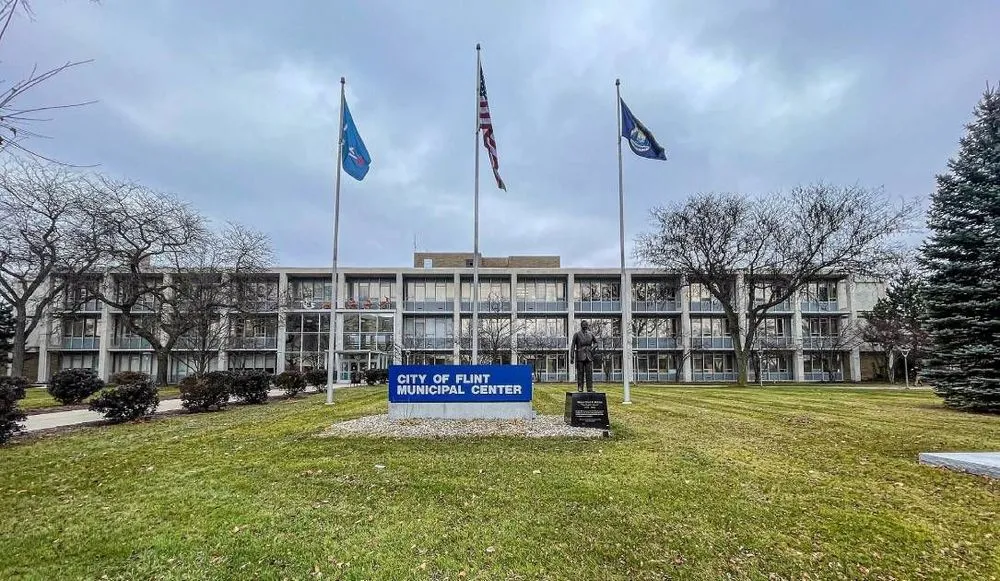Ransomware attack on Flint affecting city services as FBI investigates incident
Phones and computers used by government workers in Flint, Michigan are facing outages due to a ransomware attack that began on Wednesday.
The city of about 80,000 people published a statement Thursday saying it is experiencing internal network and internet outages caused by the attack. Both the FBI and state attorney general’s office are involved in investigating the incident.
There is no timeline for when systems will be restored, and the city is only able to take cash or check payments for water, sewer, and tax charges because the attack knocked out online or credit card systems. No late fees will be issued and water will not be cut off for anyone who does not pay this month.
“We are working hard to resolve this issue and to minimize disruption for Flint residents,” Flint Mayor Sheldon Neeley said.
Emergency services are still functional but some platforms are unavailable, including the city’s billing system and mapping services. Public works operations like garbage collection and street maintenance are still operational.
The city said it plans to continue updating an outage website because they “expect gaps in service and continuous changes.”
Some city employees still have access to their email accounts but phone service is spotty and some voicemails have been lost due to the ransomware attack.
The IT department is still investigating whether resident or employee data was stolen during the attack and no ransomware gang has taken credit for the attack yet.
Officials added that the Office of Public Health is operational and residents can pick up free water testing kits and water filters at City Hall.
The city is still affected by a public health crisis that occurred from 2014 to 2019 when its water was contaminated with lead after state officials switched the city’s water source to save money. The change caused outbreaks of Legionnaires' disease, and thousands of children were exposed to water with high levels of lead.
The city statement notes that multiple municipalities and organizations across Michigan have been hit by cyberattacks in recent months, allowing the city to “bring tested resources to bear in its response.”
This year alone, multiple hospital systems across the state have been devastated by ransomware attacks.
Traverse City — the most populous city in Northern Michigan — dealt with its own ransomware attack in June and the University of Michigan was shut down for weeks last fall after a cyber incident.
Jonathan Greig
is a Breaking News Reporter at Recorded Future News. Jonathan has worked across the globe as a journalist since 2014. Before moving back to New York City, he worked for news outlets in South Africa, Jordan and Cambodia. He previously covered cybersecurity at ZDNet and TechRepublic.



